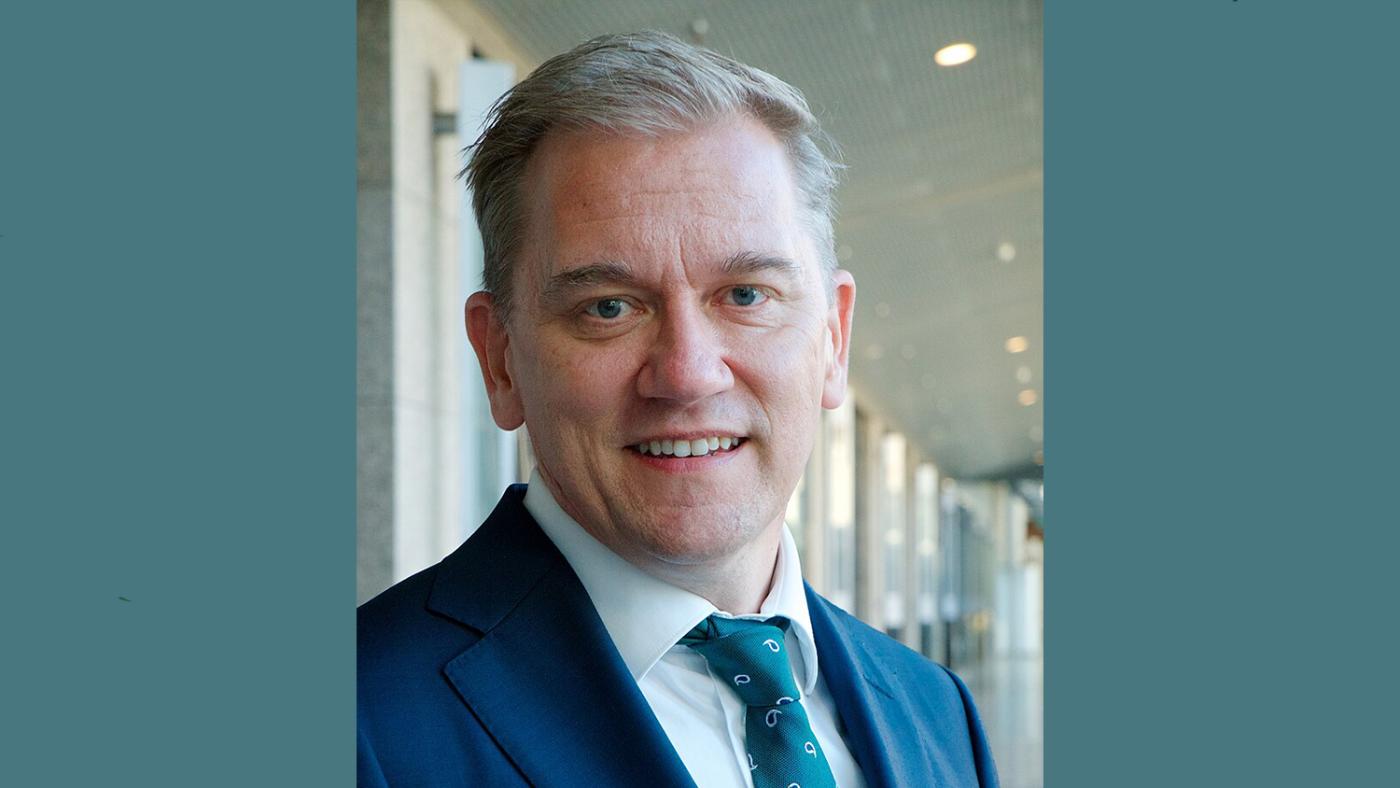Former Christian Union politician now at NSC
UU alumnus Eppo Bruins to become Minister of Education

Yet another UU graduate is going to occupy the post of Minister of Education in the Netherlands. Eppo Bruins (1969) is reported to be the successor of Robbert Dijkgraaf (D66). The Ministry of Education, Culture and Science has two ministers. Dijkgraaf takes care of higher education, while Mariëlle Paul (VVD) is in charge of the other sectors. It is not yet clear whether she will keep the role.
Dijkgraaf was praised for his emphasis on the equality of education. It would make sense for the next minister to dedicate himself to the higher education sector as well, leaving primary and secondary education in the hands of another minister or state secretary. It remains to be seen who will get culture and media.
Fewer students
As a member of the House of Representatives, Bruins said in an online debate in 2020 that there may be too many young people enrolled in higher education. “As a country, we are dependent on the choices of seventeen-year-olds, whereas we have major problems to keep our future earning capacity in order”, he stated. He also said: “Are enough people still going to professional vocational education, to become bricklayers or carpenters?”
In that same debate, Bruins said more money had to go to science, as that is important for the economy and for solving social problems such as radicalisation and terrorism. The outline agreement of the new coalition partners contains a significant cutback on higher education and research, however.
Bruins, who studied Physics, regularly spoke out in favour of other disciplines in the House of Representatives, particularly when the cabinet moved a hundred million euros over to science and technology. “Most of all, we want to safeguard the position of the Humanities”, he said. “They are vulnerable but of high quality and valuable to our country.”
Recognition and rewards
He currently chairs the Advisory Council for Science, Technology and Innovation, which issued a positive statement about "recognition and rewards", the attempt by university administrators to pay less attention to rankings and publications in leading journals. After all, employees can also distinguish themselves in other domains, such as education, valorisation and leadership.
The council also advised being less “naive” when it comes to knowledge security. “Until recently, you could raise hundreds of thousands in research funding if you were willing to cooperate with China, with hardly any conditions attached”, Eppo Bruins said as the AWTI chair on current affairs programme Nieuwsuur.
Innovation
Innovation is another subject that matters to him. Bruins spoke in favour of social sciences and the humanities. When innovating, specialisms such as psychology, law, sociology and cultural studies are crucial, he argued.
Two years ago, AWTI called for more interdisciplinary research. Their idea was that the government could promote this type of research in two ways. In an interview with HOP, Bruins said: “You must stimulate research that stems from the intrinsic curiosity of researchers. One way to do that is through free competition, like what happens with the research financing agency NWO. You could get rid of certain annoying rules so that it becomes easier for the researcher to work with artists or people whose expertise comes from experience, for example. But you can also do it top-down, which is when you stimulate research into certain complex subjects that are inherently interdisciplinary”, he said in a description of the other side of the policy. “One should not mistake one setting for the other.”
UU alumnus
Like Robbert Dijkgraaf, Eppo Bruins studied Physics at Utrecht University. Bruins did his Bachelor's between 1987 and 1991, graduating in experimental nuclear physics. He obtained his PhD from UU in 1995. According to his LinkedIn page, he was a member of the study association A-Eskwadraat.